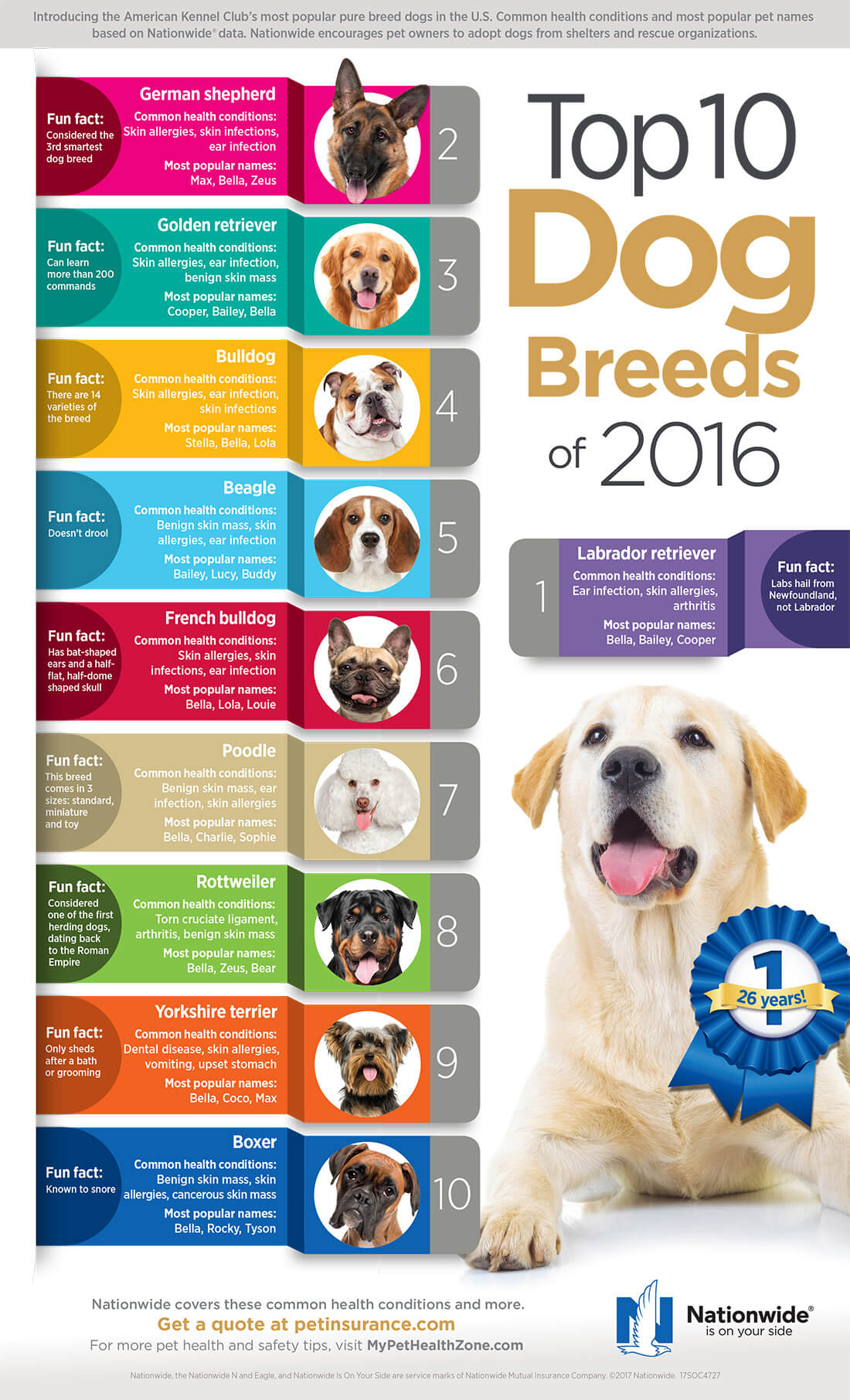Top 5 Benefits Of Dog Day Care For Busy Professionals”
Top 5 Benefits Of Dog Day Care For Busy Professionals”
Blog Article
Can Pet Dog Childcare Reason Disease?
Dogs in daycare obtain great deals of exercise, socialization with various other pet dogs and distinct experiences. This can be particularly helpful for pups and pet dogs with behavioral issues.
There are several legal considerations you need to think about when beginning a doggy daycare company. These include the framework of your service and conformity with government regulations.
1. Dog Distemper
Canine distemper is spread with straight contact with the physical liquids and waste of a contaminated pet, but it can also be transmitted by means of common water and food bowls or via air-borne beads. This very transmittable illness is most harmful for puppies, but it can impact canines of any type of age and is deadly for a lot of if left without treatment.
Preliminary signs and symptoms of canine distemper usually resemble an acute rhinitis, consisting of dripping eyes and nose with watery or pus-like discharge. As the condition proceeds, a pet will certainly create high temperature, coughing, minimized hunger, vomiting and diarrhea. The virus can also strike the nerves, causing seizures, jerking and partial or total paralysis.
Respectable day cares decrease exposure to infection by requiring vaccinations, regular health examinations and adhere to rigorous health procedures. If your pup seems extremely weary or hopping, a day off may assist him recover, yet you need to stay clear of taking him back to day care till these signs and symptoms clear.
2. Kennel Coughing
Kennel coughing, likewise referred to as contagious canine tracheobronchitis or Bordetella, is an extremely contagious viral or bacterial disease that influences the breathing tract. It's commonly moved with the exchange of saliva or air droplets that a sick dog breathes out. Social pet dogs are at greater threat for infection because of their regular interaction with one another, such as when they play, share food or water, smell each other or simply meet in a jampacked setting like a canine park or daycare.
The most usual sign of kennel cough is a relentless and strong cough that sounds like something embeded the throat or retching. Usually, pet dogs will cough up foamy white phlegm. If left without treatment, a canine can develop pneumonia and go to significant danger for life.
A reliable childcare facility should have rigorous cleansing and sanitation protocols, disinfect all toys, food and water bowls regularly, and be open concerning their vaccination policies. Maintaining your canine up to day on their vaccinations, especially for bordetella and canine flu, will significantly reduce their possibilities of contracting the illness.
3. Parvovirus
Canine parvovirus, or parvo, is a very infectious viral illness that can be harmful for young puppies and young adult pet dogs with bad body immune systems. It's most frequently spread by straight contact with polluted pet feces-- which can take place when dogs smell, lick, or taste contaminated feces-- and indirectly from polluted people, things, or environments (like kennels, brushing spaces and lawns). Pups and canines without complete inoculation histories are particularly susceptible to parvo.
The infection is extremely resistant, surviving in the setting for up to 9 years, and can quickly be moved between pets by get in touch with via feces or on shoes, apparel, and bed linen contaminated with parvovirus. Otherwise treated promptly with IV fluids, electrolyte balance, throwing up control medications and anti-biotics to prevent additional bacterial infections, a pet dog will rapidly dry out and create severe looseness of the bowels, which results in shock and blood poisoning. Parvo is challenging to heal as soon as a canine has actually become ill, however with ideal veterinary treatment, many young puppies do endure this illness.
4. Dog Flu
Canine flu infection is very contagious and spreads via direct get in touch with, sharing food and water bowls, licking or nuzzling various other canines, with airborne droplets, and via contaminated surfaces. Inoculation is effective in decreasing the threat of infection and outbreaks.
The majority of affected canines develop a light respiratory infection with a coughing that lasts 1-3 weeks. They might also have nasal and ocular discharge, sneezing, and sleepiness. Several of the most severe cases lead to pneumonia and a high fever.
If your pet dog shows any of these signs, do not bring them back to childcare until they are healthy and balanced. If your pet is showing indications of private dog boarding near me severe fatigue or hopping, talk with your vet as soon as possible and see to it they are on health supplements to aid build their resistance. A vet will certainly assess your pet dog for signs and symptoms of the flu by taking a sample from the nose or throat, and blood tests can be done to validate.